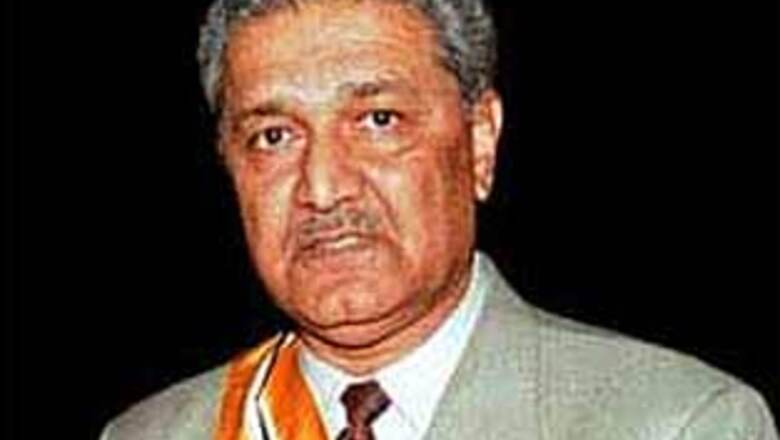
views
Islamabad: Bowing to US pressure, Pakistan on Tuesday placed fresh curbs on rogue scientist A Q Khan even as the man who mentored the country's nuclear programme vowed to fight back.
The new restrictions bar Khan, who was accused of clandestinely peddling the country's secrets on the international black market, from leaving the country and from even meeting people.
"Since February 6 (when the Islamabad High Court freed him from house arrest) a few people have met Khan but no one was allowed to visit his residence on Monday," Dawn News channel reported on Tuesday.
The action came two days after Foreign Minister Shah Mehmood Qureshi said the government reserved the right to appeal against the court ruling.
A combative Khan said he would not take things lying down.
"If they have a right to contest, I too reserve the right to ask the court to uphold its decision," he told Dawn.
He also ruled out his return to the Khan Research Laboratories (KRL) that he had founded and where he conducted much of his work on Pakistan's nuclear bomb.
"What I was doing in KRL was very sophisticated work and I cannot resume it because it required continuous involvement," he maintained.
"Now I am spending time with my family. I have gone through very difficult time in detention but now I feel relief as my family is with me," the scientist added.
On Monday, the government had told US Ambassador to Pakistan Anne Patterson that it would restrict Khan's movements.
Also on Monday, State Department deputy spokesperson Robert Wood said at a briefing in Washington that senior US officials attending an international security conference in Munich had discussed the Khan issue with Pakistani Foreign Minister Qureshi.
"We believe (Khan) he remains a potential proliferation risk," Wood said.
Was Khan's release tantamount to releasing Al Qaeda chief Osama bin Laden, a journalist asked.
"Well, I don't like to make comparisons here from the podium, but let me just say A Q Khan's track record has been one of great concern to us and a number of other countries around the world," Wood replied.
The Islamabad High Court (IHQ) Friday declared Khan a "free man" and released him from four years of house arrest.
Khan had been put under house arrest in 2004 after confessing on state-run PTV to selling nuclear secrets to Iran, Libya and North Korea and seeking the nation's forgiveness. Then president Pervez Musharraf did "forgive" him but restricted his movements.
Khan, who was seen in public for the first time in four years in May 2008, said the confession had been handed to him by authorities and he was forced to read it on national television in the "best interest of the nation".
In an interview to IANS in May 2008, Khan claimed that he never sold nuclear technology illegally and that he should have never made a confession to that effect.
Right from the time of Khan's confession, the US has been persistently demanding permission to question him on his alleged proliferation activities.
Pakistan has been equally consistent in denying this permission.










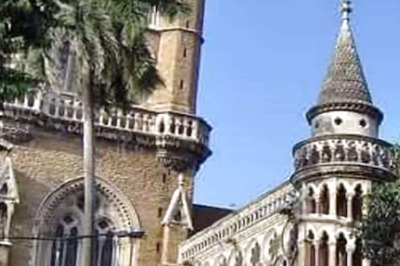






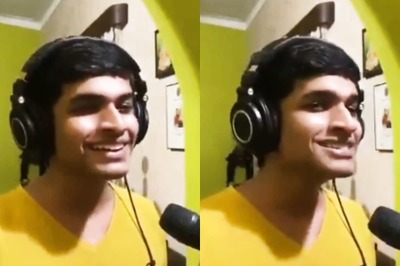
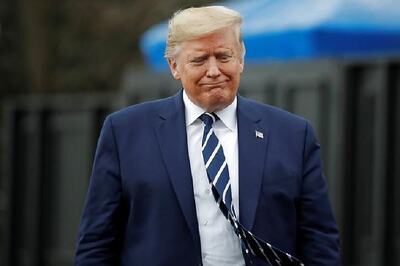
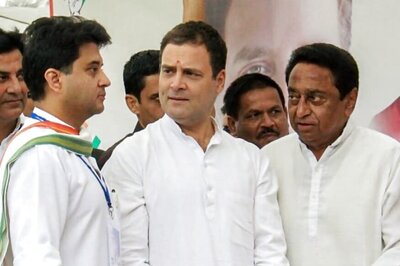
Comments
0 comment